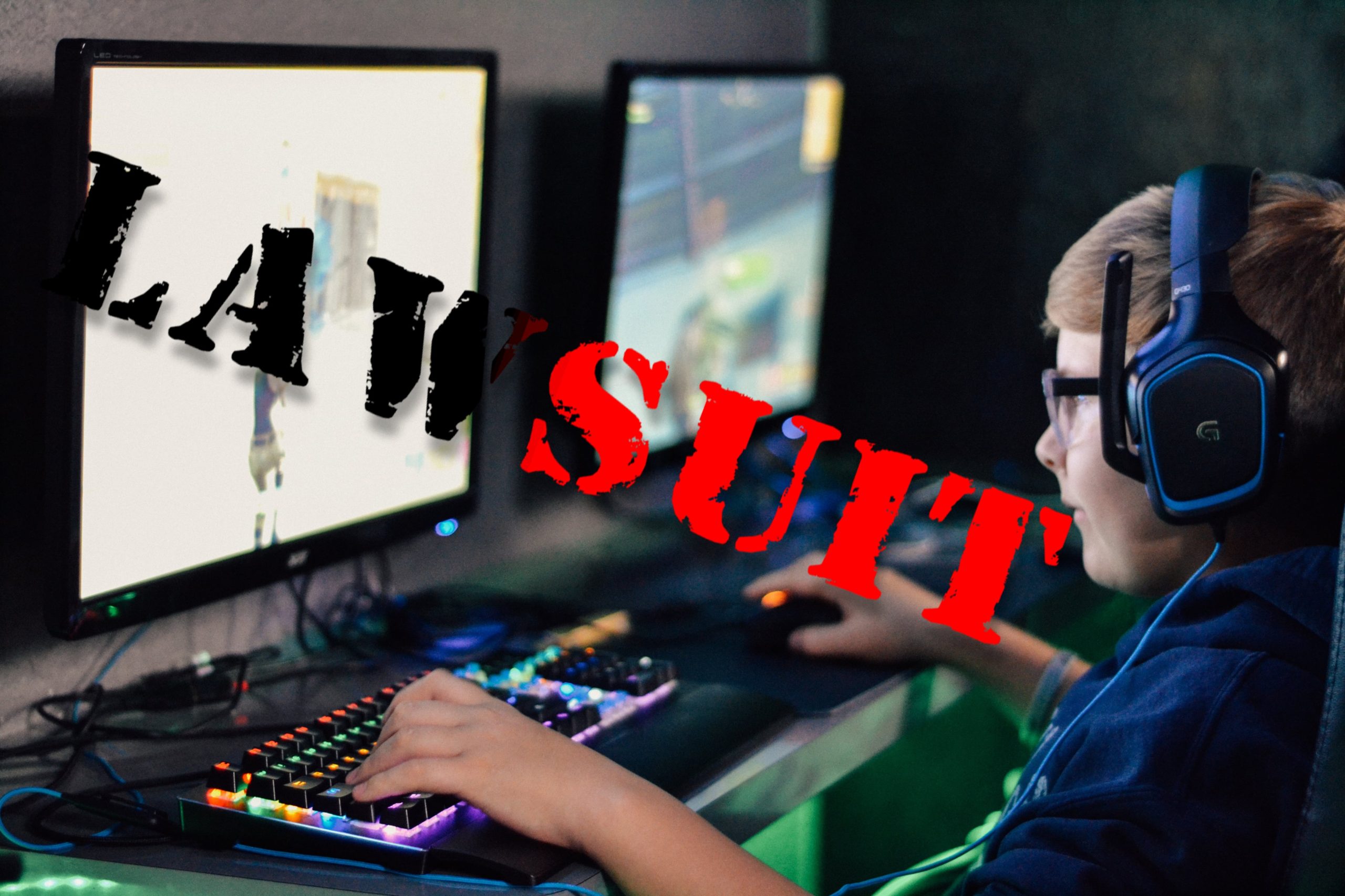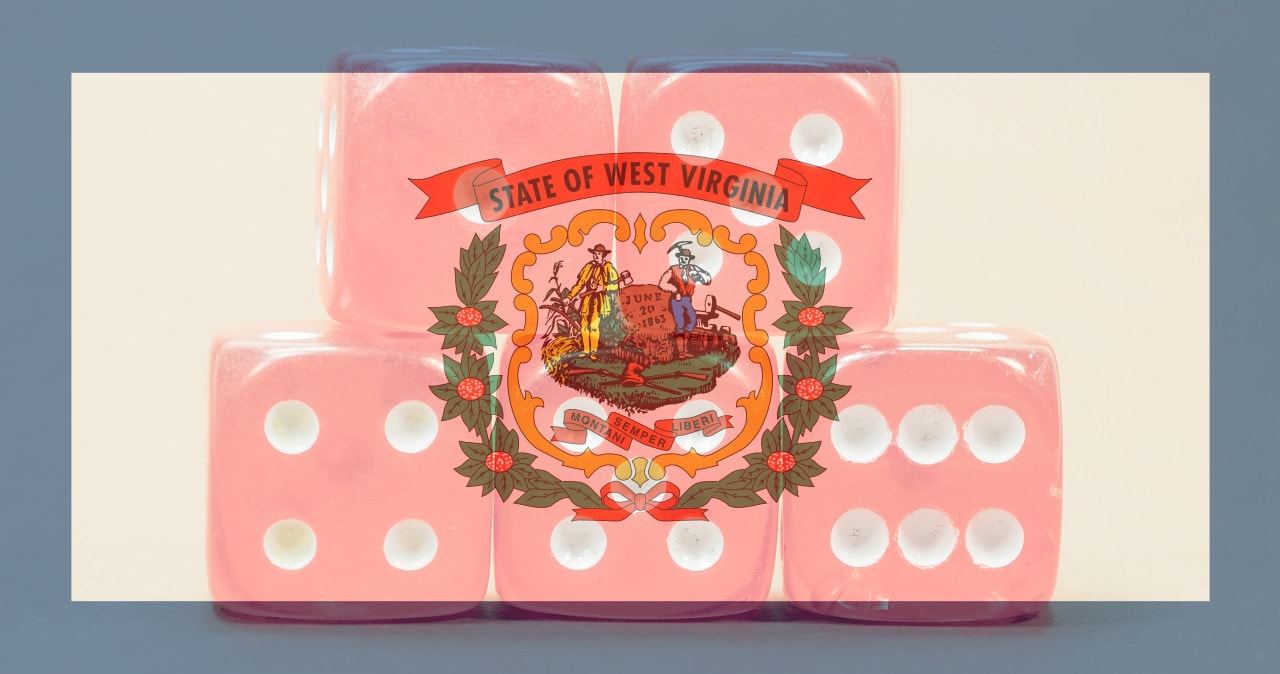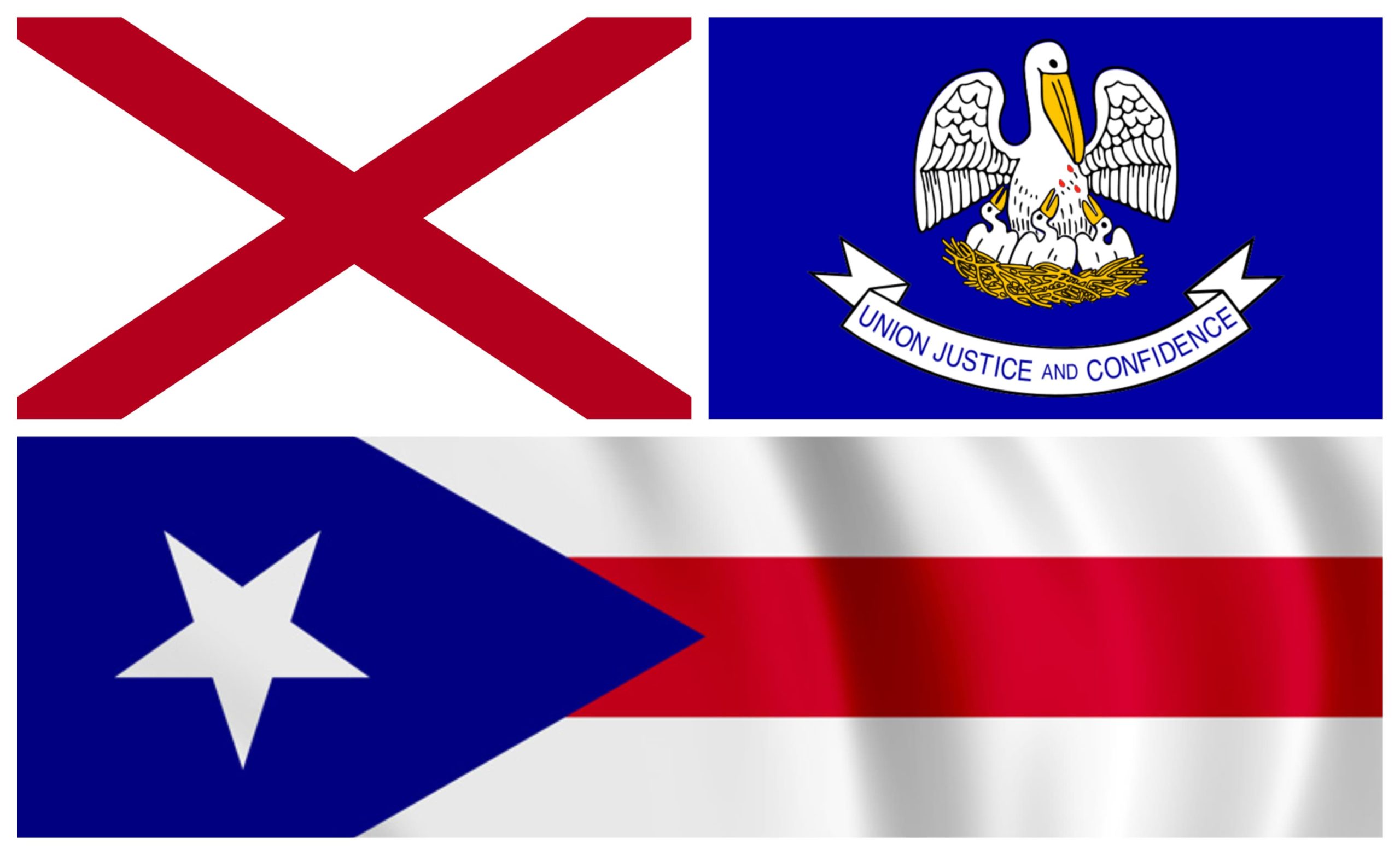 Published: 15.04.2019, 16:12
Published: 15.04.2019, 16:12 1 min read
1 min readThe Indian Quinault Tribe is suing Valve Software, major game developer and digital distributor, over skins gambling in their video games. The claim is that the practice constitutes unfair competition and is illegal.
The skins in question relate to player items, such as weapons and armor, that can be bought within the games. The most notorious game that implements the skins is Valve’s won Counter-Strike: Global Offensive, for which the most expensive item was sold for as much as $61,000 on Steam.
Based in the state of Washington, Quinault Nation claims that
- Valve is “aware that skins have real-world cash value”
- Valve “actively encourages […] skins gambling”
- The aforementioned facts pose “unfair competition” towards licensed and regulated casinos
Valve does not offer to gamble on skins directly, as that is done on dedicated sites and services. However, these sites can offer skins gambling only by using Valve’s software. Many such sites have already received cease-and-desist letters from Valve itself in 2016, as the company was previously sued in 2016. However, no further action was taken and the sites remain operational.
This leads the Quinault Nation to assert that the measures taken by Valve to prevent skins gambling were “token efforts”.









